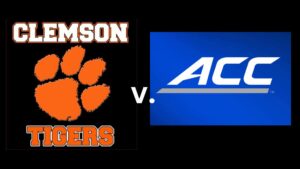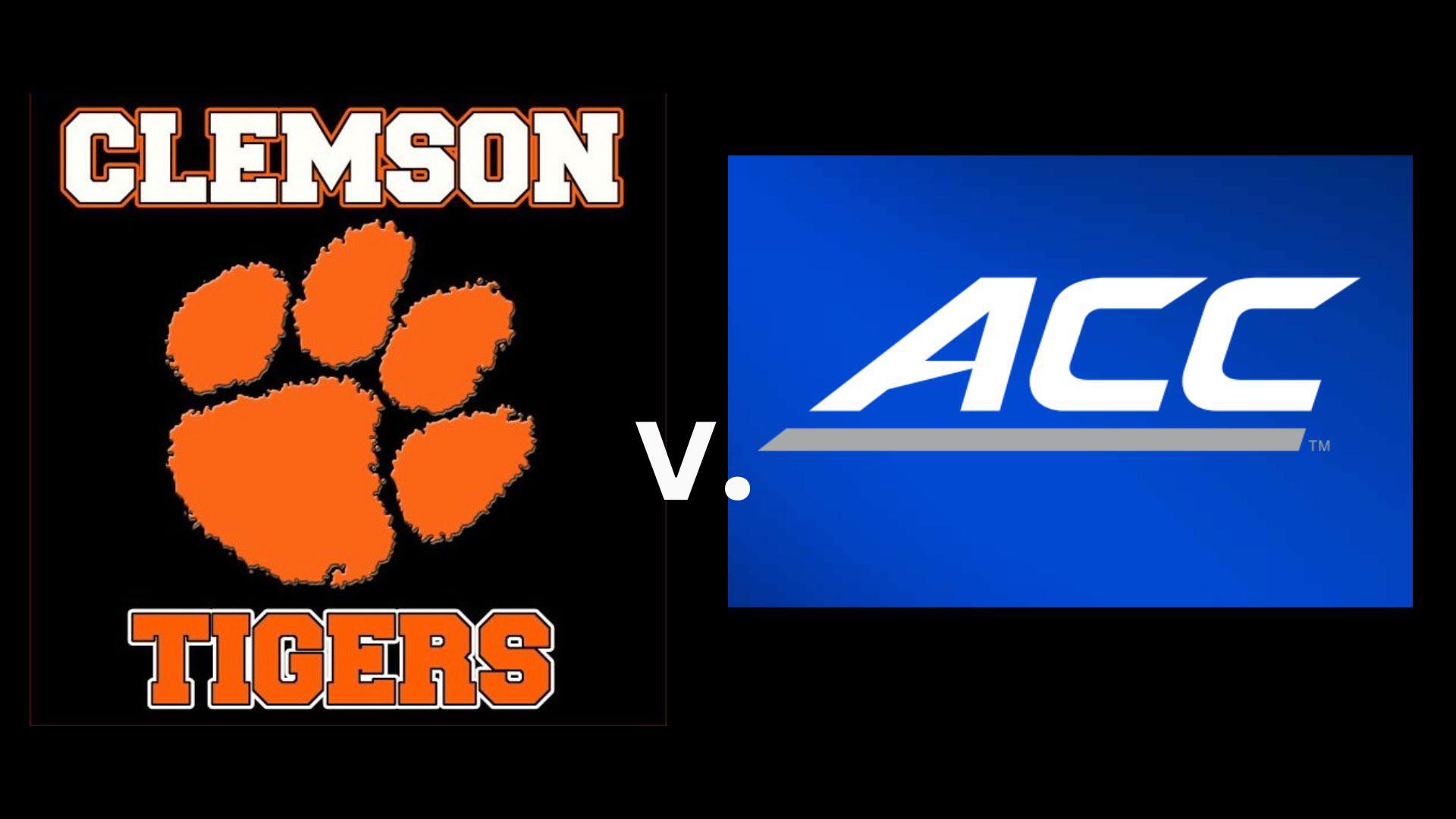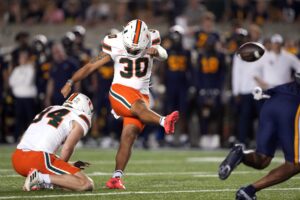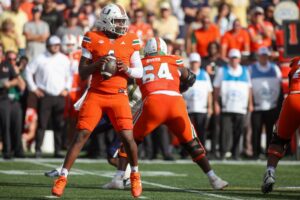In the revolving door that is the lawsuits between the ACC and member schools, we now head to South Carolina. The matter of Clemson v. ACC gets its day in court in Pickens County, SC starting Friday (7/13) morning.
The hearing will be on the ACC’s motion to dismiss the lawsuit filed by Clemson. Like the matter between these two in North Carolina, and the ACC/Florida State legal battles, this first step surrounds jurisdiction.
The Background
The ACC, having already submitted its briefs and motions, will argue in oral presentations that with the FSU and Clemson matters both being over the same contracts, one court should hear everything. Of course, the conference would choose for that to occur in the Mecklenburg County court in North Carolina.
The conference has fared well in front of Judge Louis Bledsoe III. He denied Florida State’s motion to dismiss last month. That decision is being appealed at the state supreme court level sometime early next year. And then on Wednesday of this week, he denied Clemson’s similar motion. Clemson has yet to officially indicate whether it also intends to appeal.
The ACC previously lost its motion in Leon County, Florida to have Florida State’s lawsuit dismissed. That one motion took three separate hearings in front of Judge John C. Cooper. The conference plans to appeal.
The ACC’s Arguments
So now we head to Pickens County and Judge Perry Gravely. He has been the resident judge for the 13th Judicial Circuit Court of South Carolina since February 2015.
The ACC will argue that for the sake of uniformity in judicial rulings, the cases should be heard in North Carolina. The conference’s attorneys will argue that the ACC is not formed in South Carolina and technically does no business in South Carolina. They will claim that with Clemson as a member of the ACC, and with the ACC headquartered in Charlotte, the business between the two entities is in North Carolina.
There will also be a reminder that the ACC is governed by the Uniform Unincorporated Nonprofit Association Act, which it claims limits the role another state can have in its processes.
Clemson’s Arguments
Clemson will claim in court Friday that because ACC schools travel to the state of South Carolina for games, and because the ACC makes its money off the broadcast contracts for those games, the conference is a business contractor in the state.
There will also be discussions of sovereign immunity for a public university within the state, and personal jurisdiction. Counsel for Clemson will argue that such matters brought by a public university must be heard within the state.
What’s The Ulitmate Goal and What’s Next
The cases in North Carolina whittle down to a breach of contract claim by the ACC against Clemson and against Florida State.
The cases with the schools as the plaintiffs are specific to trying to get out of the Grant of Rights, and ultimately the conference. The period that the Grant of Rights covers was extended for all ACC schools in 2016. It was extended from its original end date in 2027 to 2036. ESPN, the conference’s broadcast partner, has multiple opt-out opportunities during the length of the contract. The schools do not.
At such time as there is a trial, way down the road, the specific elements of the contracts, including the school’s membership agreement with the ACC will be argued. But first “we” must decide who gets to hear the case.







